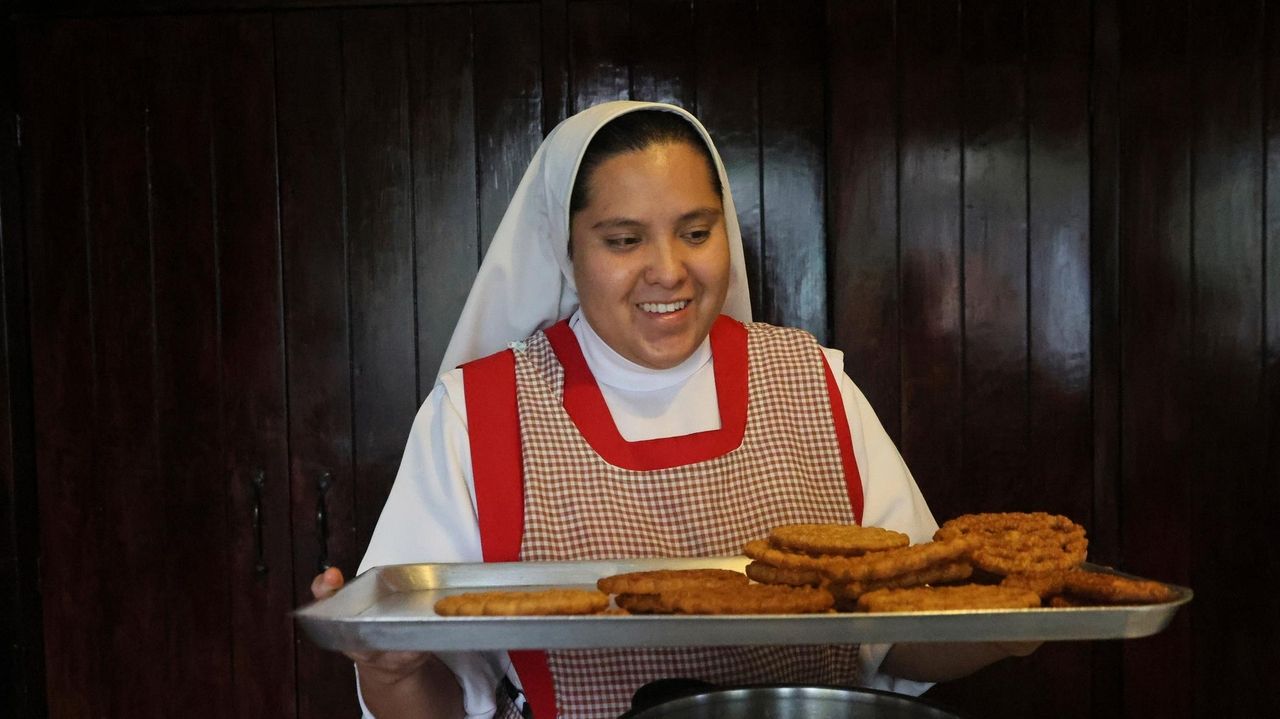MEXICO CITY — It’s the fortnight before Christmas and all through the world’s Catholic convents, nuns and monks are extra busy preparing the traditional delicacies they sell to a loyal fan base even in rapidly secularizing countries.
For many monastic communities, especially those devoted to contemplative life and with vows of poverty, producing cookies, fruitcakes, even beer for sale is the only means to keep the lights on.
But it’s also an enticing way to strengthen their ties with lay people who flock to their doors — and in some cases their websites — in the holiday season.
“Our kitchen is a witness to God’s love to those outside,” said Sister Abigail, one of the 10 cloistered nuns of the Perpetual Adorers of the Most Blessed Sacrament in Mexico City.
“We are in the Lord’s presence, and we’re always thinking that it will make someone happy, the person who will eat this, or they will gift it and someone will receive it with joy,” added the sister, whose convent makes sweets, eggnog and its bestseller, tamales.
Most monasteries have to be financially self-sufficient. Many in countries like Spain have to maintain not only an aging, shrinking cohort of monks and nuns, but also monumental, centuries-old buildings, said Fermín Labarga, a professor of church history at the University of Navarra in Pamplona.
Since the small-scale farming with which they supported themselves for centuries stopped being profitable decades ago, most have turned to crafts, including the wildly popular gourmet food production that uses only homemade ingredients and recipes passed down generations.
From left, nuns Alejandra Jaime, 39, Maria Ines Maldonado, 76, Maria Auxiliadora Estrada, 59, and Patricia Marin, 28, store fritters with Christmas figures in clear plastic bags for sale at the Convent of the Mothers Perpetual Adorers of the Blessed Sacrament in Mexico City, Thursday, Dec. 7, 2023. Credit: AP/Ginnette Riquelme
“An immense majority of people goes to buy the…
Read the full article here

Leave a Reply